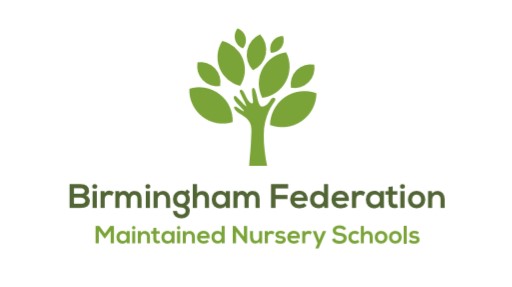UNICEF Article 31
Leisure, play and culture
Every child has the right to relax, play and take part in a wide range of cultural and artistic activities.
We believe that children learn by exploring, investigating, discovering, creating, practising, rehearsing, repeating, revising & consolidating their developing knowledge, skills, understanding & attitudes through playful learning. Children develop confidence, a sense of agency & a ‘can do’ attitude from having time & freedom to choose who to be with, where to go & what to do. We offer a range of enhanced provision that includes educational visits and visitors, and artists – clay, gardening, cooking, movement and dance and Forest School.
The value of play
A child’s play is the right of all children.
Play underpins the EYFS. It also underpins learning and all aspects of children’s development. Through play, children develop language skills, their emotions and creativity, social and intellectual skills. For most children their play is natural and spontaneous although some children may need extra help from adults. Play takes place indoors and outdoors and it is in these different environments that children explore and discover their immediate world. It is here they practise new ideas and skills, they take risks, show imagination and solve problems on their own or with others.
The role that adults have is crucial. Adults provide time and space and appropriate resources. These might include clothes, boxes, buckets, old blankets that will inspire play and fire children’s imaginations. They observe play and join in when invited, watching and listening before intervening. They value play and provide safe but challenging environments that support and extend learning and development.
The benefits of free flow play
For the most part children are able to choose who, what, when and how they interact with people and or resources in the learning environment, indoors and outdoors.
A successful free flow play session offers a rich play and learning experience for children. It allows them to progress at their own, individual pace and practice in choosing and in dealing with the consequences of their choice. It also encourages a more flexible and openended use of the resources.
Children require the opportunity to “wallow in ideas, feelings and relationships” (Time to Play in Early Childhood). Play integrates everything the child learns, knows, feels, relates to and understands (Tina Bruce).
Free-flow play promotes:
- Independence
- Progress at own pace
- Decision-making
- Physical well-being




